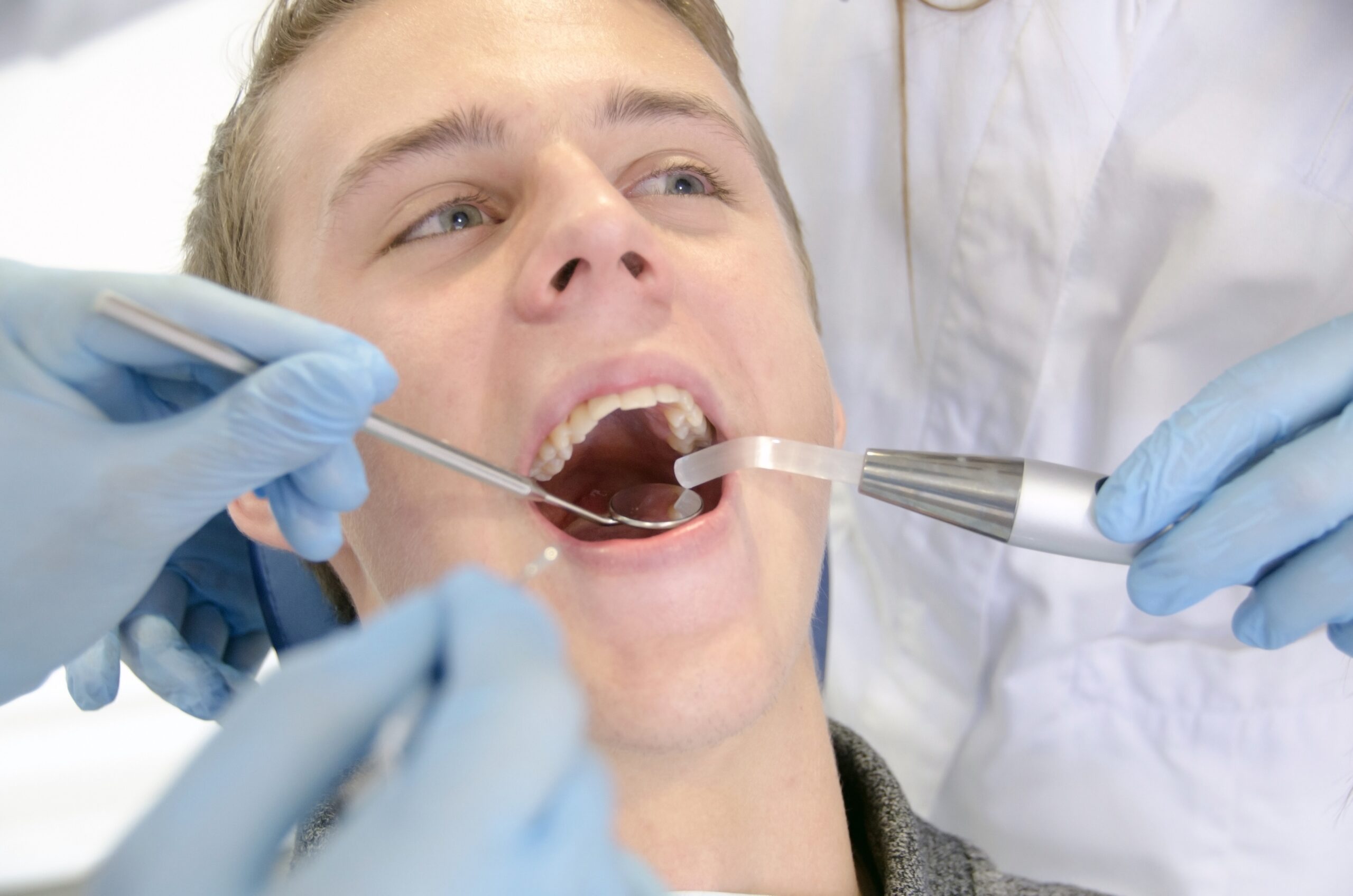Want Us To Contact You?
Root Canals
Root canal therapy is the last treatment option to save a severely decayed and root canal-infected tooth. A highly trained endodontist performs root canal procedures with the help of sophisticated equipment to ensure the tooth is restored to its ideal condition. If not for root canal therapy, we would ideally recommend the tooth be extracted to save the adjoining tissues from getting infected as well.

What Leads to a Root Canal Infection?
The most common cause of a root canal infection is a cavity (tooth decay) that has been ignored for a long time. Due to this, the cavity could grow wider and deeper, thereby decaying the underlying dentin. Ultimately, the microbes reach the root canal cavity and infect the dental pulp, which is composed of nerves and blood vessels. In some instances, external trauma to the mouth, which has resulted in broken, cracked, or chipped teeth, severe gum disease like periodontitis, etc., could also lead to a root canal infection.
What are its symptoms?
Patients who suffer from a root canal infection usually face the following symptoms:
- The infected tooth could appear discolored due to the decayed pulp
- Severe pain while brushing the teeth, biting or chewing food, etc.
- Bleeding gums
- Discharge of pus from the gums
- Jawbone deterioration
- Loosening of the tooth from its socket
How Is a Root Canal Infection Treated?
During root canal therapy, the dentist removes the infected pulp from within the root canal cavity. This is either done by making a hole in the tooth and manually extracting the decayed pulp or using a highly intense laser beam to eliminate the bacteria in the pulp and remove it. The dentist will make sure to clean the walls of the cavity as well before placing a small amount of antibiotic medication in it. This helps to prevent reinfection and the growth of microbes in the root canal cavity. The hole will be sealed off with a tooth-colored filling material.
Since the tooth usually tends to weaken after the procedure (due to the removal of nerves and blood vessels), we will restore it using a dental crown. It helps to hold the tooth intact and prevent any damage to it while maintaining pleasing aesthetics.


